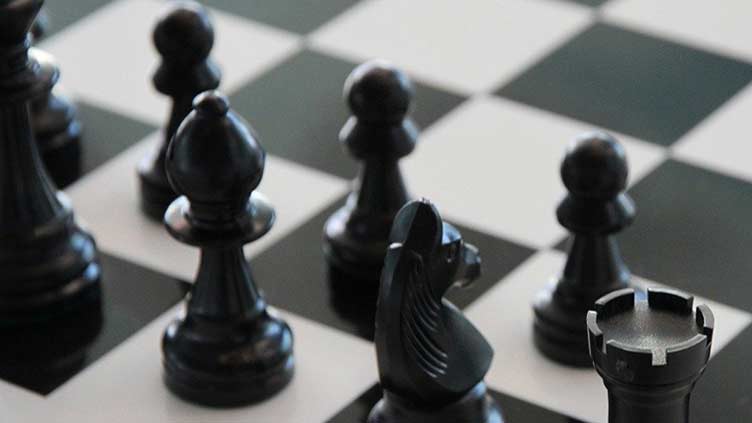Two generations inspire law student's quest to be first Black U.S. woman chess master

World
Two generations inspire law student's quest to be first Black U.S. woman chess master.
NEW YORK, (Reuters) - Law student Rochelle Ballantyne is inspired by her grandmother and hopes to be a beacon for her 10-year-old sister as she pursues the title of chess master.
It would be a first for a Black American woman.
"I ve been trying to get it for the past 10 years," said Ballantyne, 26, who a decade ago was the lone female star of "Brooklyn Castle," the 2012 documentary about a chess program at a low-income middle school in New York City. She s now stalking the chess title while attending law school at New York University and holding down three jobs as well as interning for the NAACP Legal Defense Fund.
Chess masters are players who reach a score of 2200, said Tony Rich, executive director of the St. Louis Chess Club. Points are earned from tournament play.
Ballantyne, for whom a GoFundMe campaign has been established to help with travel and tournament expenses, has a current rating of 1962. Her consistent performance makes it likely she will claim her prize in as little as four months, Rich said.
Ballantyne would become the first Black woman chess master in the United States, said Daniel Lucas, spokesman for US Chess Federation.
"First and foremost, it s for my grandma," said Ballantyne, whose late grandmother taught her the game when she was age 8 to calm "a really rowdy kid."
"Secondly, there s so many more black girls, little black girls playing chess now, and it s so cool to inspire them," she said in an interview with Reuters on Wednesday. She said she wanted her 10-year old sister "to know that there isn t anything she can t do if she works hard enough to do it."
Ballantyne said the frequent racism and sexism she encountered in the chess world included being mistaken for "the help" or treated as if she had wandered into the wrong place when she entered a tournament room.
And "being advised I should wear pants when I play because I might distract boys," she said.
"People just weren t aware of how their statements impacted or left impressions on a little Black girl," Ballantyne said. "Race always matters. And I think more people should understand that and recognize the effects of race in every aspect of our life, not just chess."
Maurice Ashley, 55, a Jamaican-American who became the first Black grandmaster in 1999, said Ballantyne s achievement will open doors for the next generation.
"She s a driven person, trying to be a lawyer. Just imagine: You went to Stanford, Columbia, NYU. Really girl? You’re trying to be chess master on the side?! Who’s trying to be a chess master on the side?!" Ashley said. "That’s what she’s doing!”

